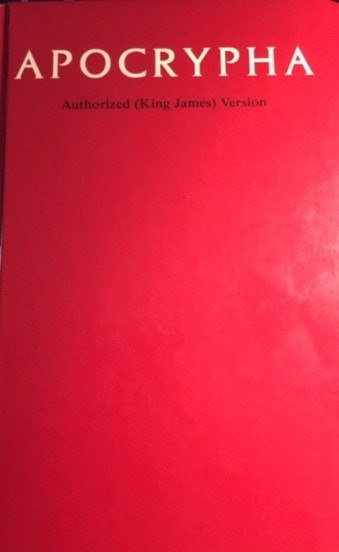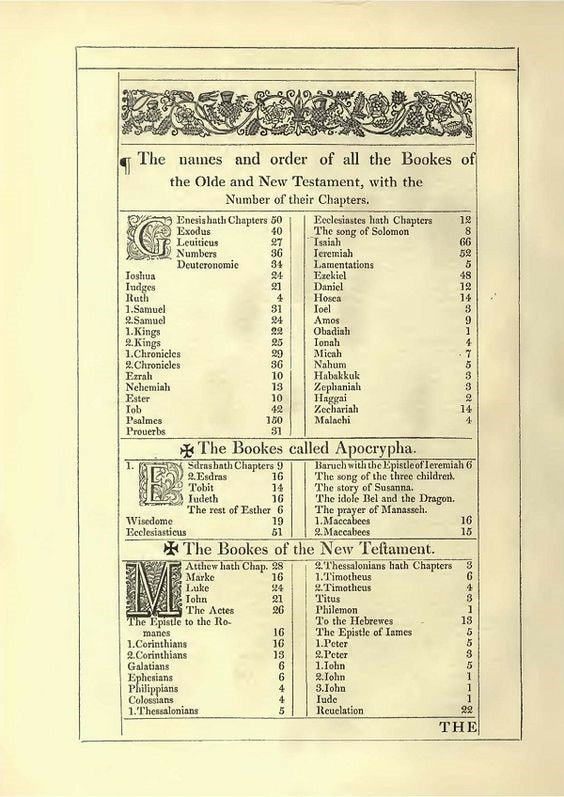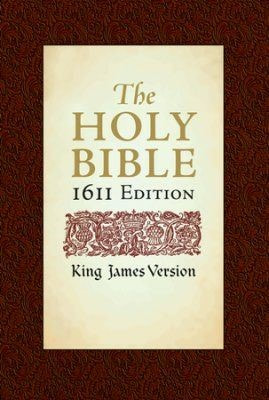
In recent years, the true ethnicity and nationality of King James has come to light. King James, a Black man, ruled as king over England, Scotland and Ireland, concurrently.
King James is believed to have been and Israelite (Jew) who was part of the aristocracy in Europe during the Dark ages when black People were the ruling class. An accurate rendering of his image has been released in the following publication, along with much information on his accomplishments as king:
Patterson, W.B.M. King James V1 and the Reunion of Christendom. Cambridge University Press, 1997.
Of the many successes and accomplishments of King James, his authorized translation of the ancient scriptures of the Bible from Greek and Hebrew into English, was of the greatest.
According to the Zondervan’s Compact Bible Dictionary, King James recruited 47 of the greatest Hebrew and Greek scholars of his day to translate the holy scriptures into English. The translators formed a panel that was divided into groups to work on certain books. They met to discuss their work and have it vetted by members of the other groups. Whenever resolutions could not be made on particular scripts, they consulted learned outside sources to settle arguments on disputed words or meanings in the texts. The process of the translations and revisions was very involved and took nearly three years to complete. The first Authorized King James Version Bible was published in 1611. This version contained, the Old Testament, The New Testament and the Apocrypha (p86).
Based on this information, we believe the King James Version Bible to be the most accurate and most closely related version to the ancient scriptures available.
King James is believed to have been and Israelite (Jew) who was part of the aristocracy in Europe during the Dark ages when black People were the ruling class. An accurate rendering of his image has been released in the following publication, along with much information on his accomplishments as king:
Patterson, W.B.M. King James V1 and the Reunion of Christendom. Cambridge University Press, 1997.
Of the many successes and accomplishments of King James, his authorized translation of the ancient scriptures of the Bible from Greek and Hebrew into English, was of the greatest.
According to the Zondervan’s Compact Bible Dictionary, King James recruited 47 of the greatest Hebrew and Greek scholars of his day to translate the holy scriptures into English. The translators formed a panel that was divided into groups to work on certain books. They met to discuss their work and have it vetted by members of the other groups. Whenever resolutions could not be made on particular scripts, they consulted learned outside sources to settle arguments on disputed words or meanings in the texts. The process of the translations and revisions was very involved and took nearly three years to complete. The first Authorized King James Version Bible was published in 1611. This version contained, the Old Testament, The New Testament and the Apocrypha (p86).
Based on this information, we believe the King James Version Bible to be the most accurate and most closely related version to the ancient scriptures available.

Approximately 100 years after King James’ death, during the late 1700’s; the Apocrypha, the additional and so-called lost books of the Bible, was removed from all printed versions of the Bible, including the King James Version, by the protestant church leaders of the day. The reason they gave for its removal was that they did not believe the scriptures found in the Apocrypha were divinely inspired.
However, given the efforts of the team involved in the compilation of the original 1611 King James Version Bible, and the fact that King James himself stood behind the work, there is not reason to believe nor evidence to prove that the information contained in the Apocrypha is any less divinely inspired than the rest of the Bible.
However, given the efforts of the team involved in the compilation of the original 1611 King James Version Bible, and the fact that King James himself stood behind the work, there is not reason to believe nor evidence to prove that the information contained in the Apocrypha is any less divinely inspired than the rest of the Bible.

